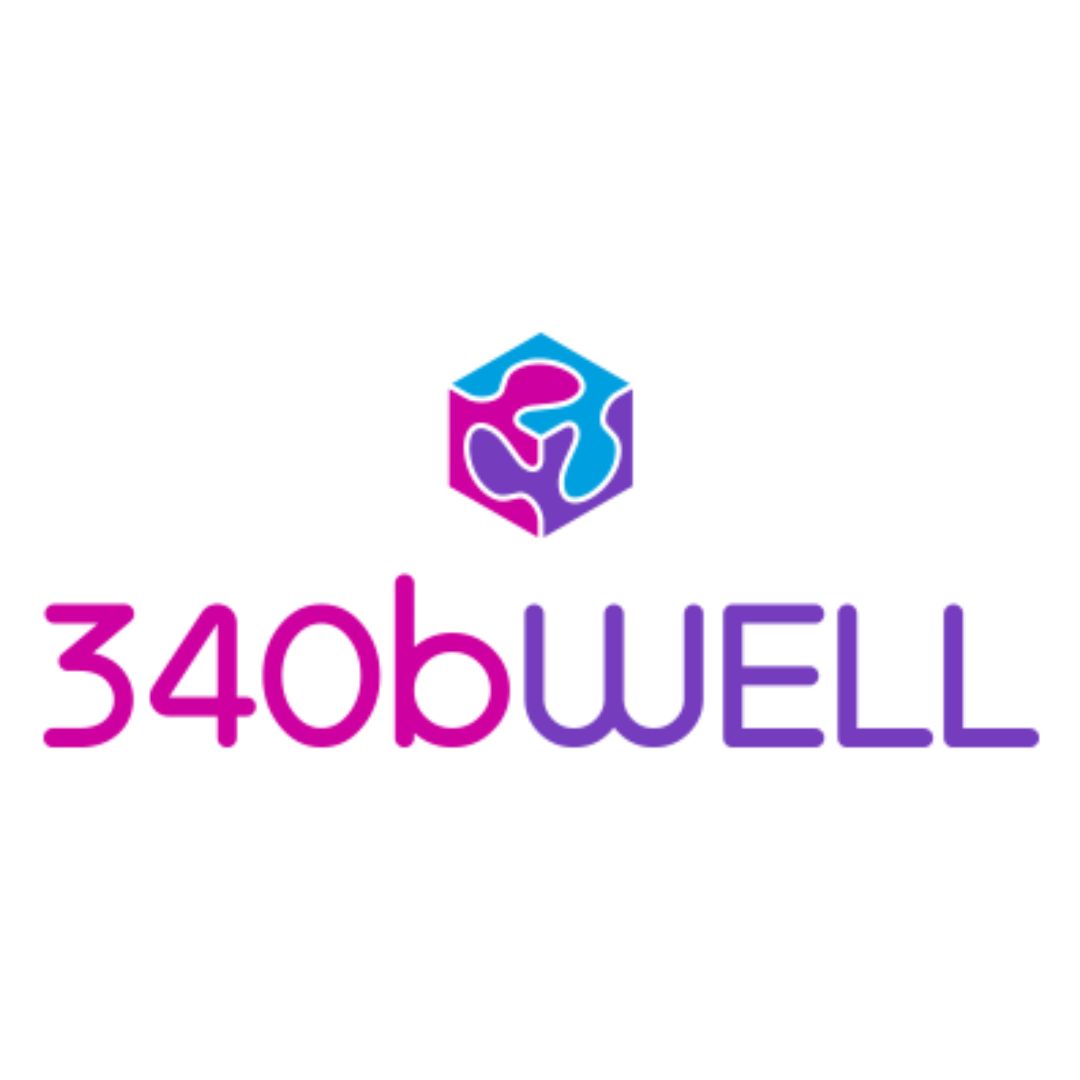The 340B Drug Pricing Program offers substantial benefits to eligible healthcare organizations, enabling them to stretch resources and provide care to underserved populations. However, navigating the complex regulations and maintaining compliance can be a challenge without a clear strategy.
The Importance of 340B Compliance
Compliance with 340B regulations is essential for sustaining program eligibility and avoiding potential penalties. The program’s rules, enforced by the Health Resources and Services Administration (HRSA), require meticulous record-keeping, adherence to eligibility criteria, and ongoing oversight of inventory and prescription data.
Effective compliance not only minimizes risks but also ensures that the financial benefits of the program are fully realized. Non-compliance can lead to HRSA audits, loss of program eligibility, and even significant financial penalties.
Key Strategies for 340B Compliance
1. Robust Policy Development
Comprehensive policies are the foundation of a compliant 340B program. These policies should clearly define eligibility criteria, address duplicate discount prevention, and establish procedures for contract pharmacy arrangements.
2. Advanced Technology Integration
Leveraging automated systems for inventory management, prescription tracking, and compliance reporting ensures accuracy and reduces the risk of human error. Technology also facilitates real-time monitoring of transactions, improving transparency and efficiency.
3. Regular Internal Audits
Conducting regular internal audits is crucial for identifying discrepancies and ensuring alignment with HRSA requirements. These audits allow organizations to proactively address issues before an external review occurs.
4. Continuous Staff Training
Keeping staff informed about 340B program updates and compliance requirements is vital. Regular training sessions ensure that employees understand their roles and responsibilities, reducing errors and maintaining program integrity.
Common Challenges in 340B Compliance
Data Management and Accuracy
Ensuring the accuracy of patient and prescription data can be a daunting task, especially for large healthcare systems. Inconsistent records may lead to compliance issues and jeopardize program participation.
Preventing Duplicate Discounts
The prohibition against duplicate discounts requires meticulous tracking of Medicaid and 340B claims. Failure to separate these claims appropriately can result in non-compliance.
Contract Pharmacy Oversight
Managing multiple contract pharmacy arrangements introduces complexity. Ensuring that each contract pharmacy adheres to 340B rules requires ongoing monitoring and evaluation.
The Role of 340B Consultants
Partnering with experienced 340B consultants provides access to specialized knowledge and tailored solutions. Consultants can assist with:
- Program Assessments: Evaluating current compliance levels and identifying areas for improvement.
- Audit Support: Preparing for HRSA audits by ensuring all documentation and processes meet regulatory standards.
- Optimizing Savings: Identifying opportunities to enhance program savings while maintaining compliance.
Benefits of Strong 340B Compliance
- Risk Mitigation: Reduces the likelihood of HRSA findings and penalties.
- Enhanced Financial Outcomes: Maximizes savings by ensuring all eligible transactions are captured.
- Improved Patient Care: Allows reinvestment of savings into expanded services and better care for underserved populations.
Conclusion
A robust 340B compliance strategy is critical for leveraging the full benefits of the program while maintaining eligibility. By implementing strong policies, embracing technology, and conducting regular audits, healthcare organizations can navigate the complexities of the 340B program with confidence.
For professional guidance, consider partnering with experienced consultants who specialize in 340B compliance. Their expertise can help your organization achieve both operational efficiency and compliance excellence.


